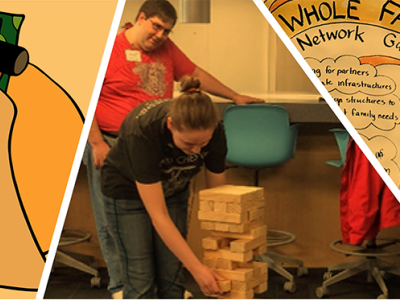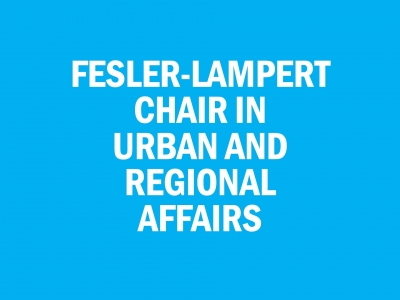Researcher: Bonnie Keeler (Humphrey School of Public Affairs)
Tribal communities face unique threats from environmental contaminants due to high reliance on subsistence foods and cultural uses. Tribes seeking to protect their lands and waters from contamination can seek federal authority to establish and enforce water quality standards. However, the process of asserting tribal authority to regulate surface waters is expensive, time consuming, and requires careful legal and political calculations. The proposed project will work in collaboration with three Minnesota tribes to document past successes and challenges in asserting authority to regulate and protect…


